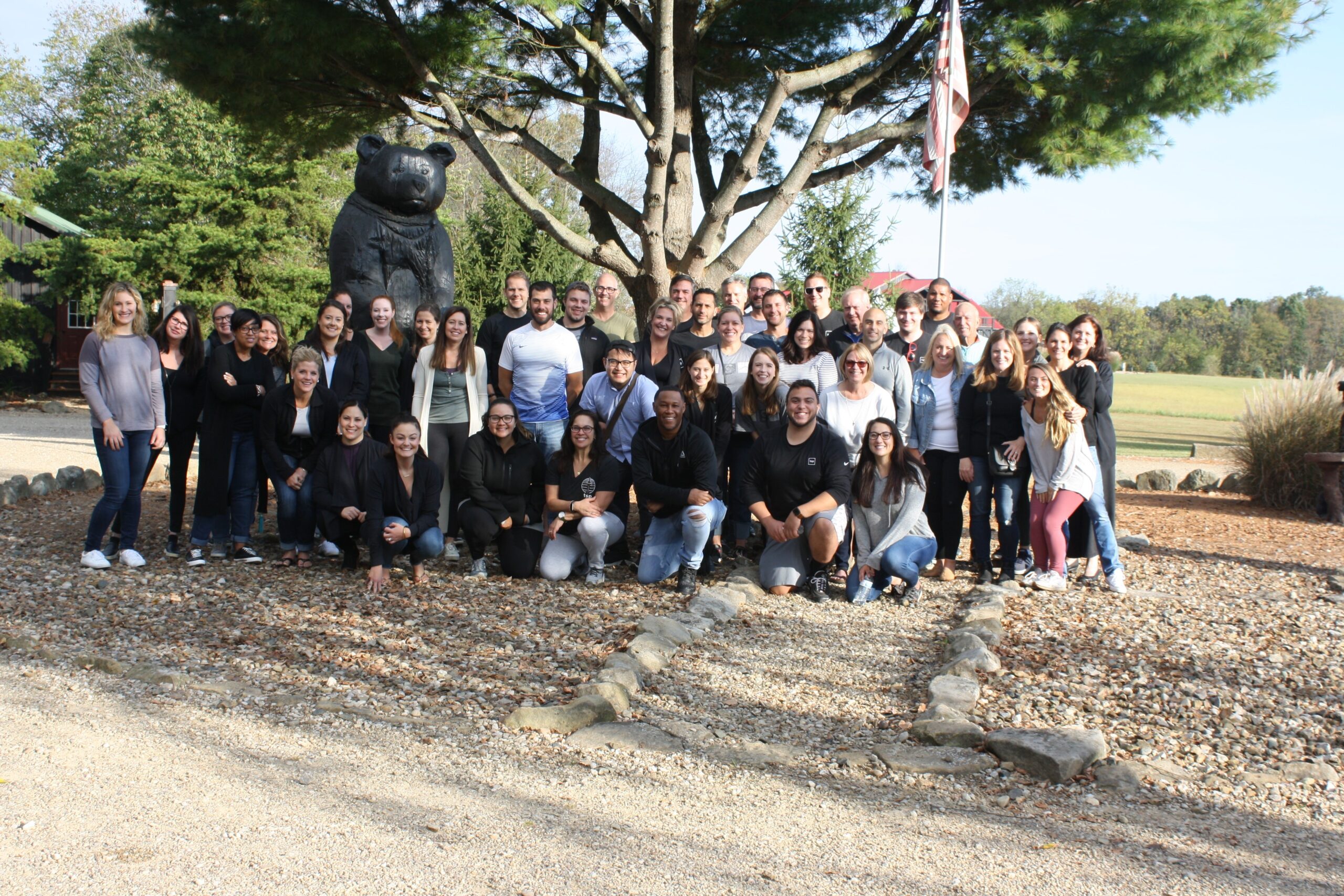In the high-stakes world of start-ups, where innovation and agility are the cornerstones of success, the quest to build the ideal leadership team presents a unique set of challenges. Unlike established corporations, start-ups operate in a dynamic, often resource-constrained environment, demanding not just exceptional talent, but leaders who embody the spirit of entrepreneurship. These leaders must navigate uncharted waters, often without the safety net of a large, supportive infrastructure. They must be visionaries, capable of steering the start-up through rapid growth phases and the uncertainties of the market.
The importance of assembling a robust leadership team in this context cannot be overstated. A start-up’s trajectory towards success is significantly influenced by the capabilities and foresight of its top executives. These leaders are more than just decision-makers; they are the catalysts of growth, the architects of culture, and the champions of innovation. Their ability to inspire, motivate, and guide teams is crucial in a landscape where every decision can pivot the future of the company.
In this light, effective executive search strategies become a linchpin for start-ups. Tailored search approaches that recognize the unique demands of the start-up ecosystem are vital. These strategies must not only identify individuals with the requisite skills and experience but also those who align with the start-up’s culture, ethos, and vision. Building a high-impact leadership team, therefore, is not just about filling positions; it’s about creating a synergistic group of leaders who can collectively propel the start-up towards its ambitious goals.
Understanding the Start-Up Ecosystem
In understanding the start-up ecosystem, particularly in the context of executive recruitment, we can identify several distinct challenges and opportunities unique to this environment.
- Dynamic and Fast-Paced Nature of Start-Ups: Start-ups are known for their fast-paced, dynamic environments, which require a high level of adaptability and resilience. This nature of work can be both exhilarating and demanding, appealing to certain types of executives who thrive under pressure and rapid change.
- Constraints Faced by Start-Ups: Limited resources are a significant challenge for start-ups. They often operate with smaller budgets, fewer team members, and less brand recognition compared to established companies. This can make it difficult for start-ups to compete for top leadership talent, who might be attracted to larger organizations offering higher salaries, more staff or funding, and more robust support for their teams. 1
- Need for Rapid Scaling: The need for quick scaling in start-ups poses unique recruitment challenges. Start-ups must find leaders who not only have the requisite skills but also can operate effectively in an environment where priorities and goals frequently change. This need for agility and flexibility in leadership is paramount in start-ups.
- Importance of Leaders Who Thrive in Innovation and Agility: Leaders in start-ups must be innovative and agile, capable of navigating through uncertainties and leading teams in a constantly evolving landscape. The unpredictable environment of start-ups demands executives who can handle fast pace and frequent changes, making it essential to attract talent that enjoys and excels in such settings.
- Overcoming Start-Up Recruitment Challenges: To attract the right executive talent, start-ups need to focus on the unique opportunities they offer, such as being part of building something from the ground up and having a significant impact on the company’s direction. Offering equity, demonstrating credibility through the existing team, and sharing the start-up’s mission passionately can also be effective strategies. 2
- Building a Strong Employer Brand: Developing a strong Employer Value Proposition (EVP) and employer brand is crucial. This involves identifying and communicating what makes the start-up a unique and attractive place to work, thus differentiating it from larger competitors. A well-crafted EVP can guide company culture and help in attracting talent aligned with the start-up’s values and mission.
- Talent Acquisition and Retention Strategies: Start-ups need to explore alternative avenues for talent acquisition, such as engaging with industry-specific events, online tech communities, and training programs. Retaining talent in a competitive market requires creating a positive work culture, offering meaningful projects, and providing unique perks like flexible work arrangements. 3
To sum it up, start-ups require leaders who not only possess the necessary skills but also align with the company’s culture and thrive in a fast-paced, innovative environment. Overcoming the challenges of limited resources and intense competition involves leveraging the unique opportunities start-ups offer and building a compelling employer brand. These strategies can help start-ups attract and retain the high-impact leadership talent they need to succeed.
Identifying Key Leadership Qualities for Start-Ups
In the world of start-ups, where the landscape is as dynamic as it is challenging, certain leadership qualities stand out as essential for success. These qualities not only differentiate leaders in start-ups from those in established companies but also align them with the unique culture and values intrinsic to start-up environments.
- Adaptability and Flexibility: Start-up leaders must possess a high degree of adaptability. The ability to pivot in response to market changes and innovate under pressure is crucial. As outlined by the World Economic Forum, in a world brimming with uncertainties, a leader’s vision acts as a guiding star, with adaptability playing a key role in navigating the unpredictable terrain of start-ups.
- Visionary Thinking: A visionary mindset is paramount in start-ups. Leaders must foresee market trends, anticipate changes, and guide the company towards long-term success. This foresight is particularly important in a start-up, where resources are limited, and the trajectory of growth is often uncertain.
- Risk-taking Ability: Start-up leaders are often required to make bold decisions with limited data. Their willingness to take calculated risks can lead to innovative solutions and significant breakthroughs. This risk-taking propensity sets them apart from leaders in more established, risk-averse environments.
- Aligning with Start-Up Culture and Values: Leaders in start-ups should embody the company’s core values and culture. This alignment is crucial for maintaining a cohesive team and driving the company’s mission forward. Successful entrepreneurs, as described by Aaron Hall, emphasize the importance of creating an innovative working environment and leading by example. 4
- Problem-Solving Skills: As highlighted by Knowledge at Wharton, entrepreneurial leaders must possess a deep capacity for problem-solving, often in situations that lack structure or precedent. This skill is vital for overcoming the numerous challenges that startups typically face. 5
- Emotional Intelligence and People Skills: Building a resilient institution of trust and maintaining strong people skills are essential for start-up leaders. These qualities help in retaining talent and navigating through the inevitable ups and downs of the start-up journey.
- Differences from Established Companies: Unlike leaders in established companies who often have a vast array of resources and structured environments, start-up leaders operate in settings where agility, quick thinking, and the ability to inspire a shared vision are critical. They must attract and retain talent, often with limited resources, and continuously push for innovation and growth.
The leadership qualities essential for start-up success are distinct from those in more established corporations. Start-up leaders need to be adaptable, visionary, willing to take risks, aligned with the company’s culture, skilled in problem-solving, and proficient in people management. These qualities not only help in overcoming the unique challenges faced by start-ups but also drive their growth and success in the competitive business landscape.




